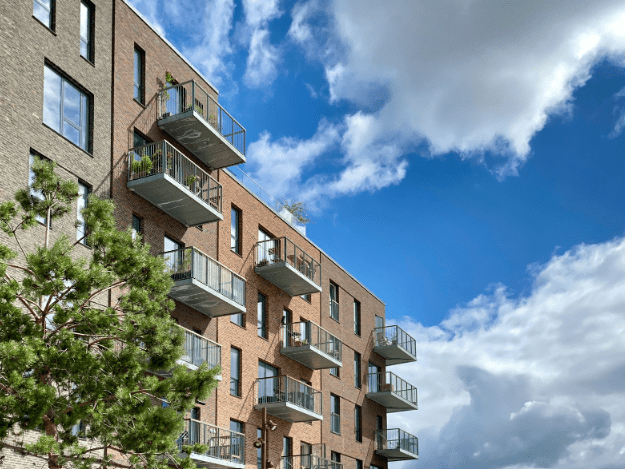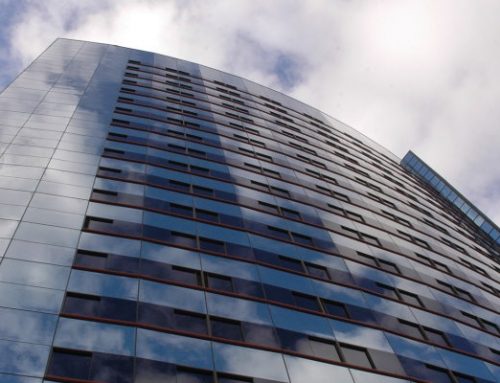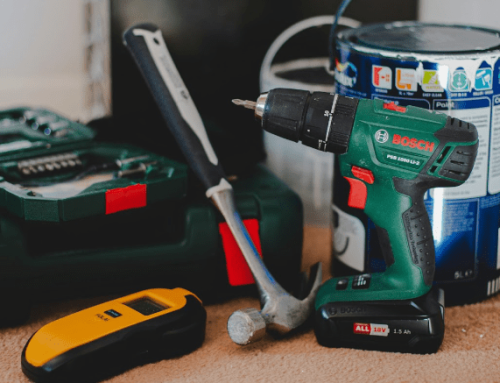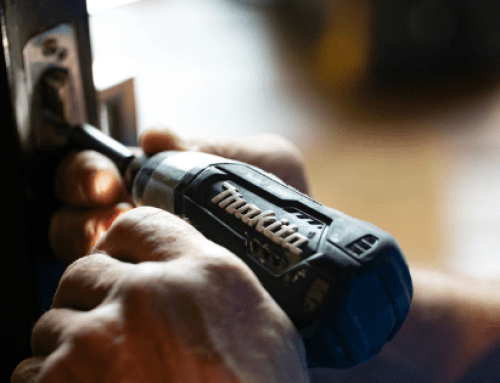Property management can be a multifaceted, full-time task. For many, the decision to become a landlord is synonymous with engaging the services of a property management company, collectively sighing with relief as the responsibility for tenants, contracts, and repairs is lifted. Others, however, may find solace in the control and cost savings of self-management.
In a government study, Landlords were asked whether they currently used an agent to let or manage their properties. Nearly half (49%) said they did not use an agent. A similar number (46%) used an agent for letting services. One in five (18%) used an agent for management services.
So, should you take the self-managed road or entrust your property to professional property management companies? Let’s delve into this homeowner’s quandary and unveil the ins and outs of DIY property management.
What is self management for an apartment block?
Taking care of a leasehold residential property involves a lot of work. Some of the responsibilities include creating budgets, handling complaints, scheduling and supervising maintenance and repairs, and doing routine property inspections.
Self-managing an apartment block and your own property takes a lot of time and work. The leaseholders who own the property are the ones who have to deal with maintenance, handling finances, and administrative duties.
This can be too much, particularly for owners who manage several properties or have hectic schedules. Even for a small block with a few problems, research calculates that the annual time commitment is between 40 and 80 hours.
Why do people self-manage property?
When you decide to self-manage through Right to Manage, you’re taking the reins of your property’s destiny. This route isn’t for the faint of heart, but it does have its merits.
- Cost Savings: Perhaps the most apparent incentive for self-managing your property is financial. By eschewing management company fees, you keep all rental proceeds to yourself. This method is particularly lucrative for landlords with a high volume of units or substantial property portfolios.
- Control and Flexibility: The Board, which is typically made up of elected leaseholders or property owners, has complete decision-making authority when a block of apartments is self-managed. This implies that they have the authority to determine the budget, the contractors or service providers to hire, and the schedule for significant repairs and outside décor as the collective voice of all apartment owners.
- Direct Tenant Interaction: The human element in property management is substantial. Self-managing allows you to forge direct relationships with your tenants, handle their needs firsthand, and possibly, as a result, maintain a more personable and engaged tenant-landlord relationship.
Challenges of Property Self-Management
With great power comes great responsibility. Self-management throws you into the deep end of responsibility, leaving you to navigate the waters of property maintenance, tenant relations, and legal complexities.
Without the support of a residential block management professional, there are a few challenges that you may face.
Time Commitment
You’ll need to dedicate significant time to property management, from calculating management fees to dealing with emergencies. This can be a notable burden for those already balancing their own rental property and busy personal and professional lives.
Legal and Regulatory Responsibilities
Laws surrounding rental properties are extensive and can vary by location. As a self-manager, it’s vital to stay abreast of these health & safety regulations to avoid legal pitfalls or penalties.
Many legal and technological considerations go into managing a complex of apartments. Owners could find it difficult to manage conflicts, understand complicated legislation around fire safety, or successfully supervise maintenance projects in the absence of professional knowledge.
The Landlord and Tenant Acts of 1985 and 1987, as well as the Commonhold & Leasehold Reform Act (Leasehold Reform) Act 2002, comprised a significant portion of the leasehold service charge management laws.
The 2005 Fire Order’s health and safety provisions have been overly expanded upon by the Building Safety Act 2022 and the Fire Safety Act 2021 in more recent times. There is additional company law in the form of different Companies Acts that must be understood by freehold management companies, resident management companies, and right-to-manage corporations.
Maintenance and Repairs
One of the more onerous tasks of property management is handling maintenance and repairs. These can be frequent, costly, and require the landlord’s prompt and appropriate action to maintain a safe and habitable property.
The Best Alternatives to Property Self-Management
If the thought of full-scale self-management is daunting, there are middle-of-the-road options that can afford you some autonomy while ensuring you’re not wholly on your own.
Hiring a Property Manager
Possibly the most common route after self-management, property managers can alleviate some of the landlord’s burdens when it comes to managing property, particularly those related to day-to-day tenant interaction, eviction processes, and property maintenance.
Looking for help setting up a Right to Manage company?
The decision to self-manage property is not one to be taken lightly. It entails a commitment of time, effort, and a willingness to engage with the myriad aspects of property management.
Before deciding, it’s essential to weigh the benefits against the challenges and consider the alternatives, such as hiring a management company, to see what aligns best with your goals, capabilities, and preferences.
Scanlans Property Management is one of the leading residential block management companies in the UK, supporting leaseholders and residents with their Right To Manage process for a number of years.
Right To Manage is a great way to have more control over your residential block, and having an experienced managing agent by your side ensures a smooth Right To Manage process.
We’re regulated by ARMA, so you can be confident the management of your block is in good hands. Our services are fully inclusive, meaning you can sit back and relax whilst we manage all aspects of the block.
Contact our RTM and block management experts for an informal, no-obligation discussion!
Should I Self Manage my Property FAQs
Can we manage our own block of flats?
Self-managing an apartment block takes a lot of time and work. The leaseholders who own the property are the ones who have to deal with maintenance, handling finances, and administrative duties.
Do flats have to have a management company?
The quick answer is no, a management firm is not required for an apartment complex. On the other hand, choosing to use professional property management services can have a number of advantages that improve both the general quality of life and the property for both owners and tenants.
What is the difference between freeholder and management company?
As the proprietor of the land or development, the freeholder bears the responsibility for upkeep and repairs of the communal spaces. The freehold owner entrusts the management business, a desperate organisation, with the responsibility of overseeing the common spaces.









